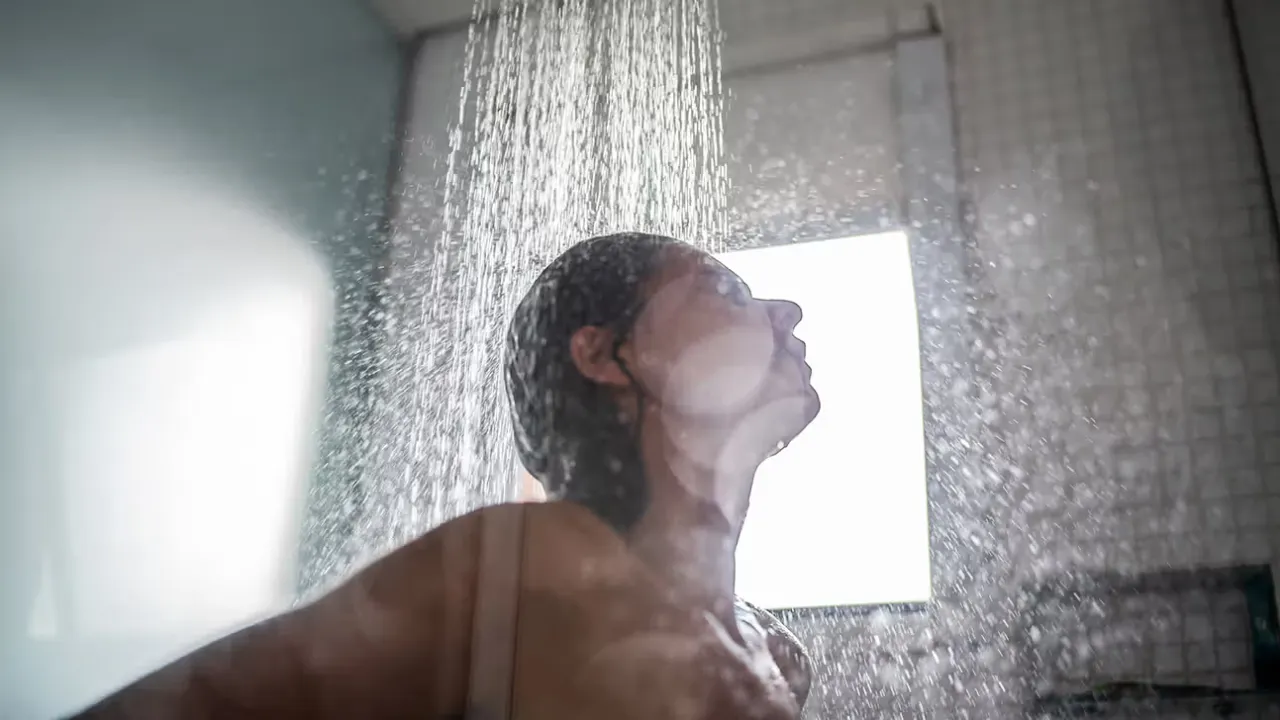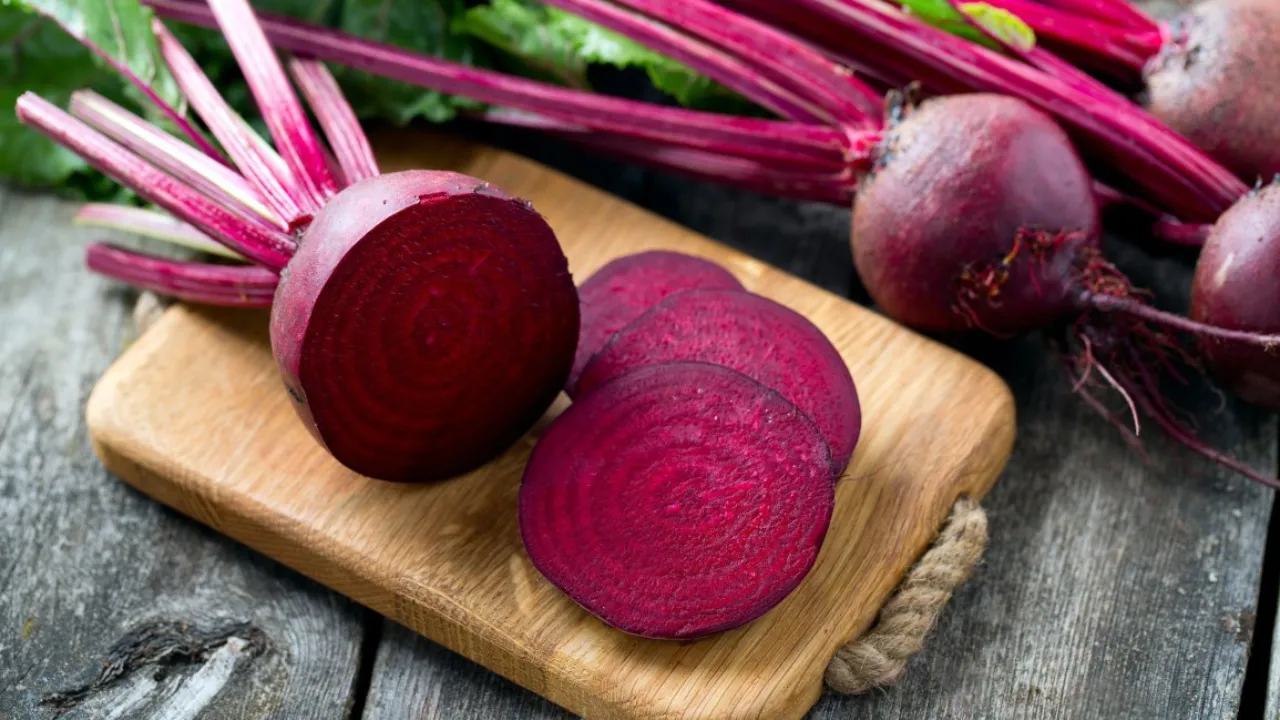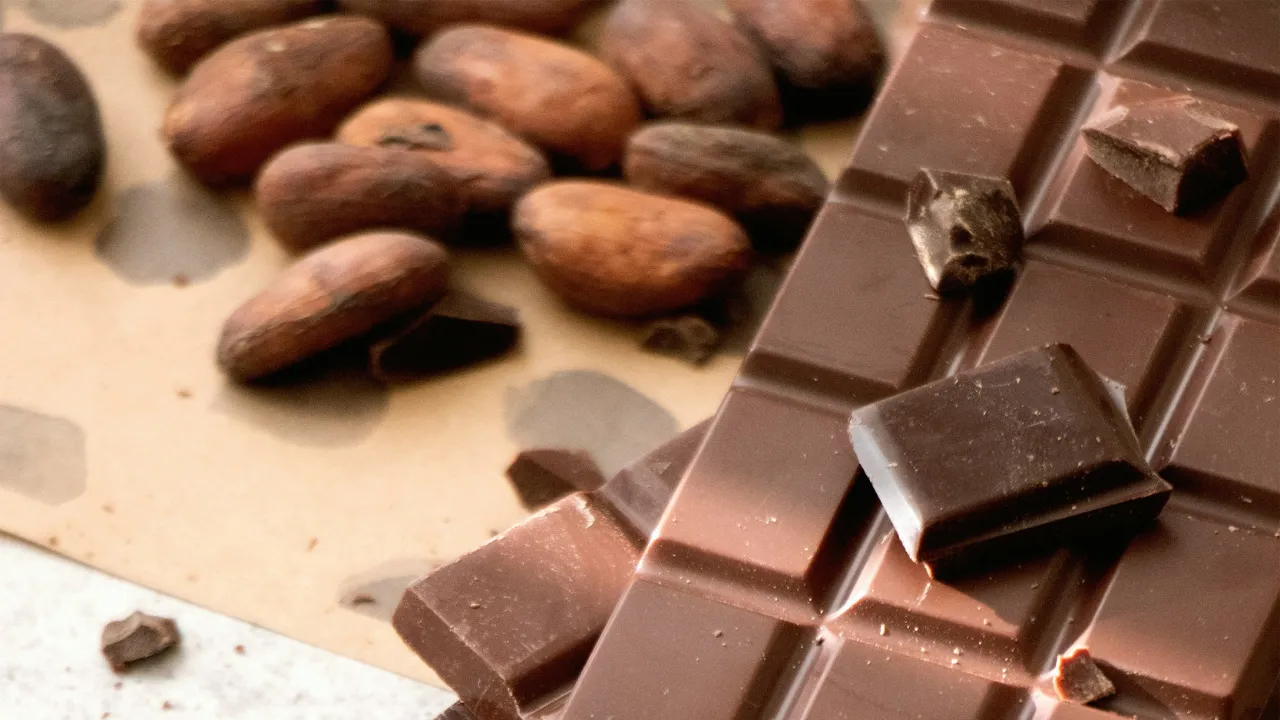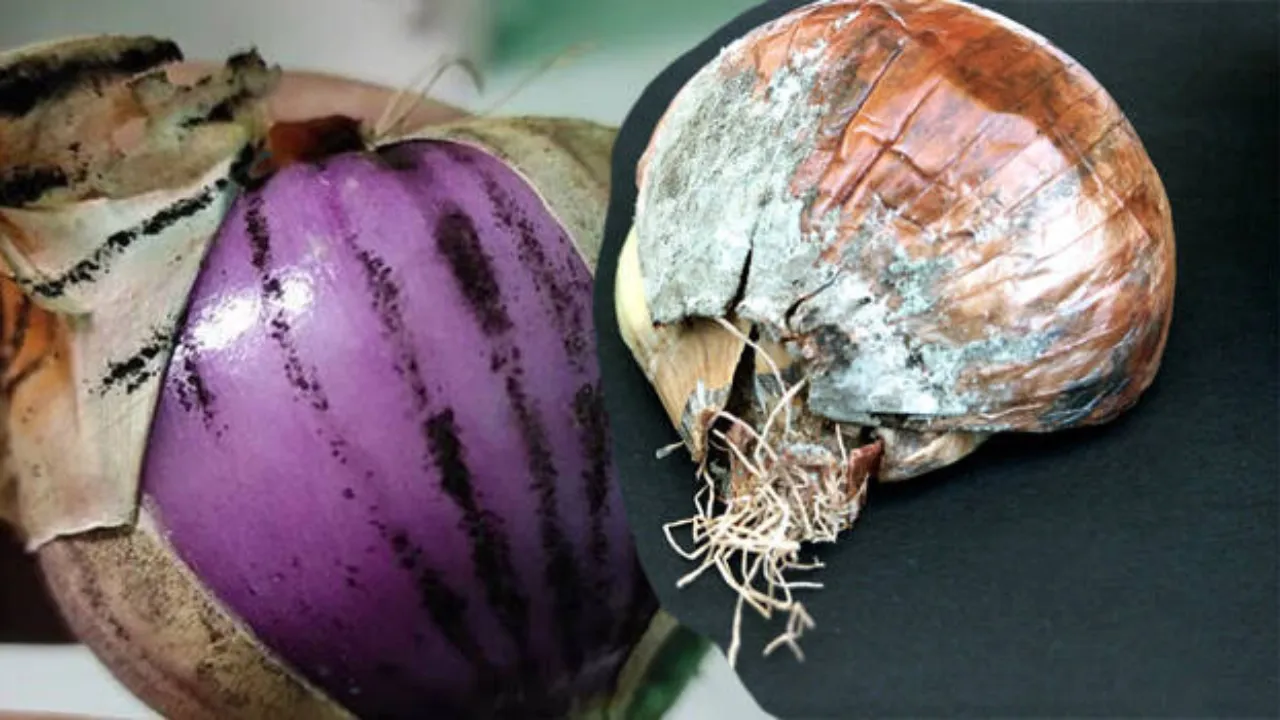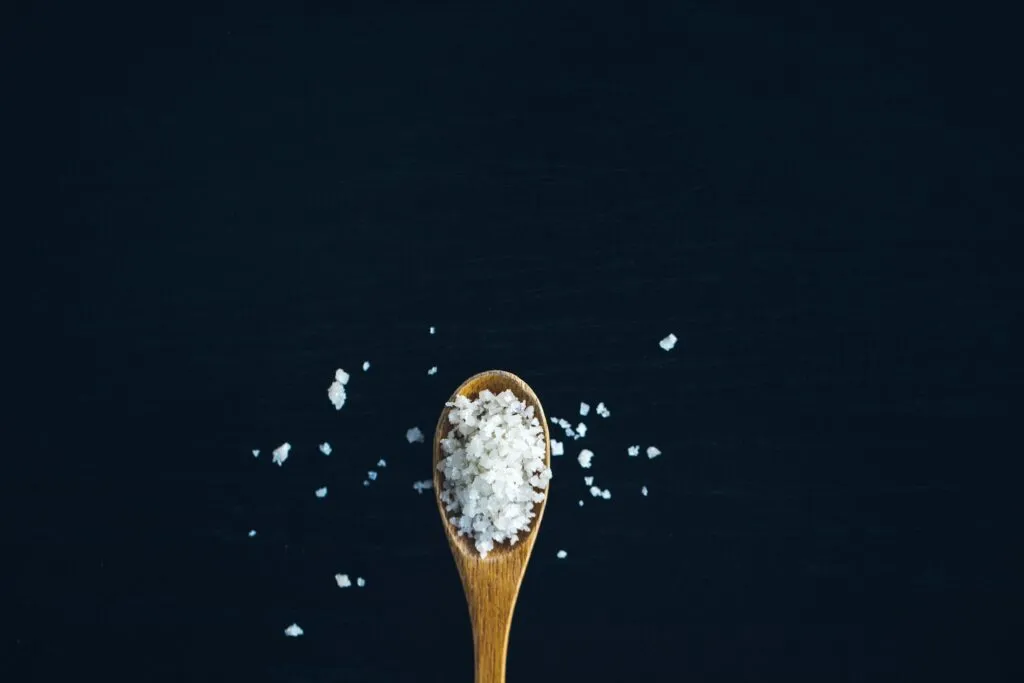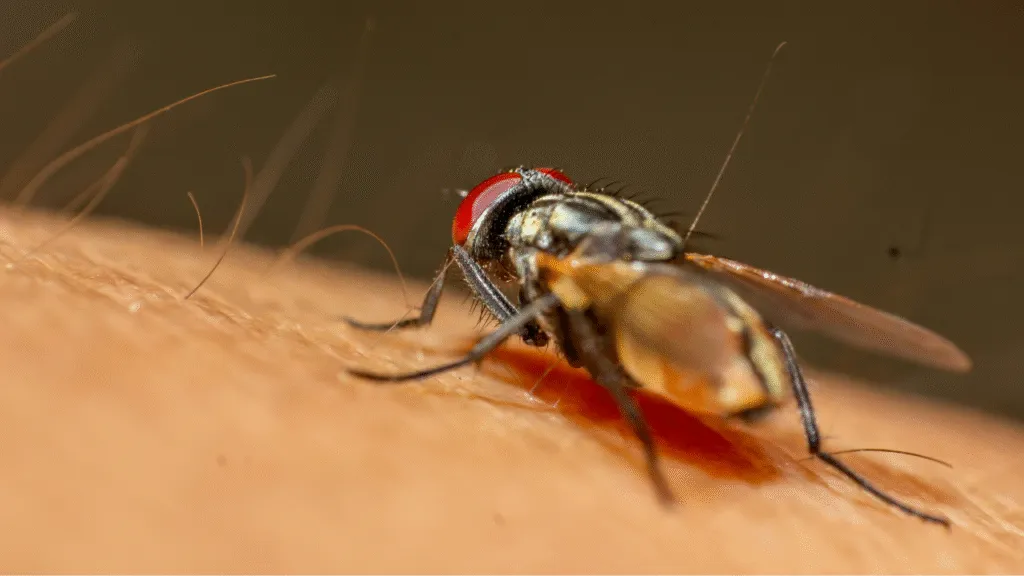Dermatologists Explain How Anxiety and Stress Trigger Breakouts, Hair Loss, and Ageing: “It Worsens Skin Conditions”
According to a recent report published on August 29, 2025, in Hindustan Times, dermatologists have warned that stress and anxiety do not remain confined to the mind. Instead, they have a direct and damaging impact on skin and hair. Conditions such as acne, eczema, pigmentation, hair thinning, premature ageing, and even heightened skin sensitivity worsen significantly when the body is under psychological distress.
Dr. Viral Desai, a leading cosmetic plastic surgeon and hair transplant specialist at DHI India, explained that stress hormones disrupt normal body functions, triggering flare-ups in acne, eczema, hair loss, and pigmentation. “Stress and anxiety affect the brain to such an extent that they worsen various skin conditions and accelerate visible ageing,” he noted.
The science behind stress-induced skin damage
When the body is stressed, it releases hormones such as cortisol, epinephrine, and adrenaline. While these hormones are meant to help in “fight or flight” situations, their prolonged presence disrupts the skin’s natural balance.
Dr. Satish Bhatia, consultant dermatologist at the Indian Cancer Society, Mumbai, highlighted that elevated cortisol levels increase oil production and inflammation in the skin. This results in acne breakouts, eczema flare-ups, rosacea, rashes, and even patchy pigmentation.
He further explained that chronic stress reduces collagen and elastin, two proteins that maintain skin firmness and elasticity. As a result, fine lines, wrinkles, sagging skin, and age spots appear earlier than usual. The problem doesn’t end there—psychological stress creates a vicious cycle. Stress worsens skin conditions, and in turn, poor skin health fuels further anxiety.
What global research reveals
The concern raised by Indian dermatologists is strongly backed by international medical studies:
- A Times of India health report earlier this year revealed that stress activates the HPA axis (hypothalamic-pituitary-adrenal system), leading to high cortisol secretion. This disrupts ceramide production, weakens the skin barrier, increases water loss, and makes skin vulnerable to environmental aggressors. The outcome is inflammatory flare-ups, premature wrinkles, and dullness.
- The American Academy of Dermatology (AAD) also confirms that stress stimulates oil glands, clogging pores and worsening acne. Stress is one of the most common triggers for telogen effluvium, a condition where hair follicles enter a resting phase, leading to temporary but noticeable hair shedding.
- In a February 2025 article, India Today highlighted how stress slows down wound healing, reduces vitamin absorption, and accelerates wrinkle formation. Dermatologist Dr. Deepali Bhardwaj explained that mental distress disturbs the neuroendocrine-immune balance, making people more prone to chronic skin diseases.
How stress makes you look older
Dermatologists agree that prolonged anxiety doesn’t just damage health—it makes people look older than they actually are. Stress accelerates the shortening of telomeres, the protective ends of chromosomes that regulate cell ageing. Shorter telomeres are directly linked with faster biological ageing, visible as wrinkles, dull skin, dark circles, and hair thinning.
Moreover, sleep disruption caused by stress further slows skin’s ability to repair itself overnight. This explains why people under constant pressure often complain about persistent under-eye bags, dry patches, and lack of glow.
Managing stress for healthier skin and hair
Experts believe that managing stress effectively is just as important as skincare routines. A combined lifestyle and medical approach can help break the cycle:
- Mind-body practices: Meditation, yoga, deep breathing, and visualization reduce cortisol levels and improve blood circulation, which helps skin repair itself.
- Adequate sleep: Getting 7–8 hours of quality rest regulates hormone levels and supports overnight skin recovery.
- Balanced diet and hydration: A nutrient-rich diet with antioxidants (found in fruits, vegetables, green tea) protects against inflammation. Staying hydrated maintains elasticity.
- Physical activity: Regular exercise not only boosts mood but also improves oxygen supply to skin and scalp, encouraging a natural glow.
Skincare and dermatological treatments
Dermatologists also recommend gentle skincare practices to protect stressed skin. Using fragrance-free moisturizers with ceramides, sunscreen, and products containing antioxidants like Vitamin C and niacinamide can strengthen the skin barrier and slow down premature ageing.
For those already facing stress-induced skin damage, advanced dermatological treatments—such as retinoids, chemical peels, microneedling, and laser therapy—are proving highly effective. In the case of stress-related wrinkles, neuromodulators like Daxxify are gaining popularity as longer-lasting alternatives to Botox.
The rise of psychodermatology
A new medical discipline called psychodermatology is gaining traction worldwide. It focuses on treating skin disorders by addressing both psychological and dermatological aspects together. For example, patients with chronic acne or eczema are often offered a mix of dermatological treatments alongside cognitive behavioral therapy (CBT), meditation, or stress-counseling sessions.
This dual approach is proving particularly useful for conditions like psoriasis, alopecia, and rosacea—where mental stress is a major trigger. Though psychodermatology clinics are still limited to a few cities globally, the approach promises long-term improvement by healing both the skin and the mind.
Final takeaway
The latest insights from dermatologists make one thing clear: healthy skin and hair cannot be separated from mental well-being. Stress doesn’t just age the mind; it imprints itself on the face and scalp. Breakouts, dullness, hair shedding, wrinkles, and pigmentation are not merely cosmetic concerns—they are signals from the body that stress is wreaking havoc inside.
Dermatologists urge people to take a holistic approach—balancing lifestyle, stress management, and professional skincare. By addressing mental health and skin health together, one can not only prevent premature ageing but also restore confidence, radiance, and overall well-being.
Also Read: Bigg Boss 19 Day 4: All Eyes on Captaincy!





